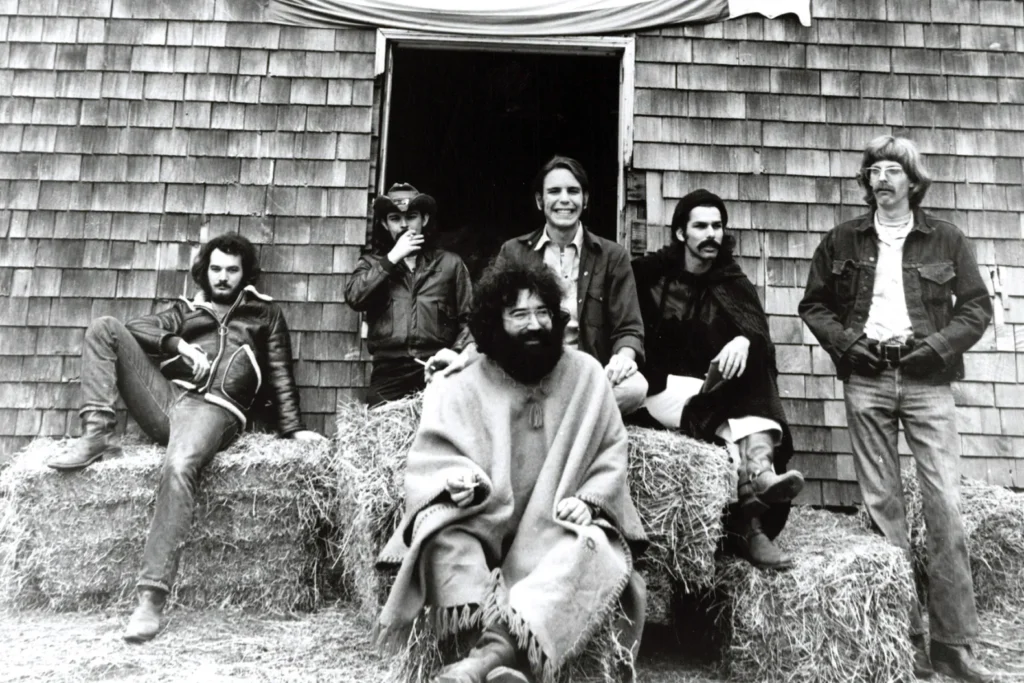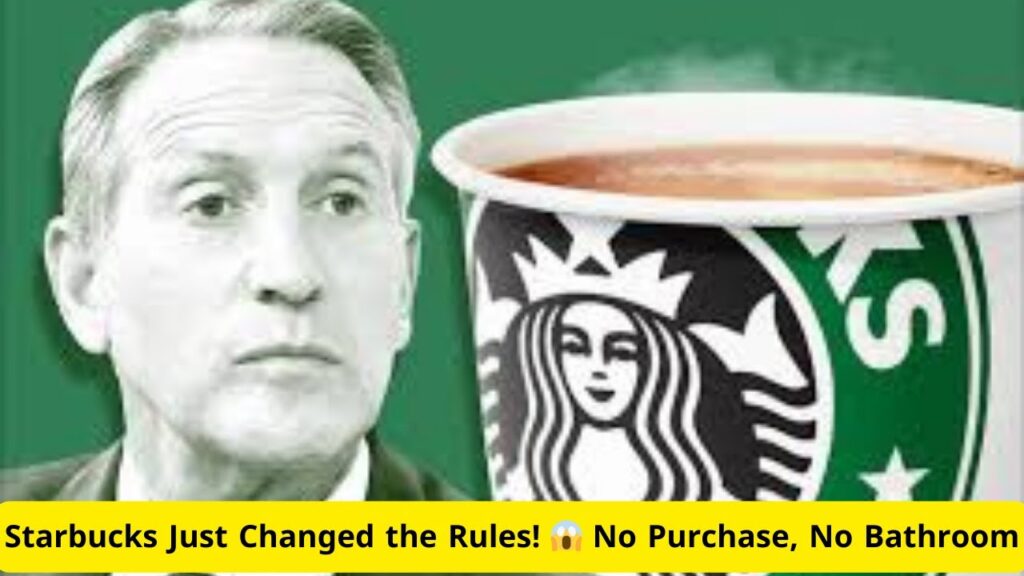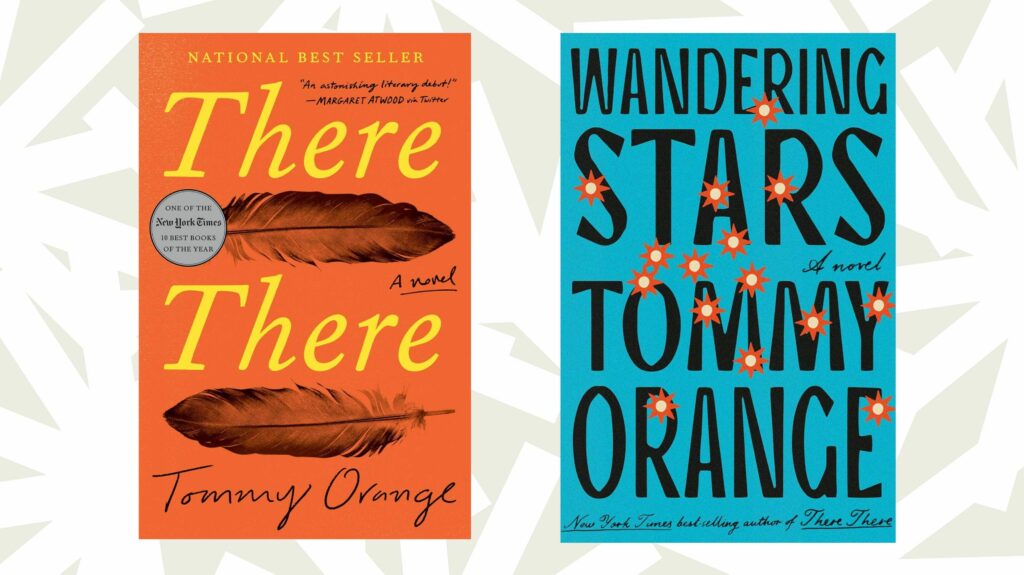Let the overindulging begin! How many pounds have you already gained from your lost weekend of the ridiculously overloaded Thanksgiving meal and all the leftovers? Do you like cold stuffing for breakfast as much as I do?
Our annual Season of Excess is now in full swing. Say what you may about out-of-control commercialism of the holidays, but you’ve got to love the food. I make a reasonable effort to eat healthy on a consistent basis, but all bets are off this time of year. One bad weekend wouldn’t normally be an issue for my waistline, but in this case it’s just the beginning of an over month-long descent into dietary depravity. Temptations are everywhere over the holidays – cookies, candy, cake, giant canisters of flavored popcorn, whisky, wine, long lunches and rich dinners.
Waking up on January 2 with a five to ten pound “hangover” is so unpleasant and so predictable that it could almost drive me to veganism.
Except it won’t.
I’ve cycled through my personal dietary fads over the years, going for months or years on diets that have included iterations of no fat, no carbs, no red meat and no meat at all. All of these diets worked very well until they didn’t.
Because “diets” never work over time. The fact that they do work for a while, at least for me, doesn’t seem to be connected to the food group du jour of which I have decided to deprive myself. My theory is that when people start diets of any kind, the early stages are marked by an overall raised consciousness about eating and discipline regarding all food choices. For example, it doesn’t make any sense to stop eating cheeseburgers and then order fries with my salad.
The problem is that deprivation just doesn’t work over the long haul. My cravings come back to haunt me, and that “I’ll just make this one exception this one time” pastrami sandwich devolves into more frequent, if not regular, caloric lunches, dinners, handfuls of chips, deserts and other “treats” that pack the weight back on.
The larger issue is conflating long-term discipline with the empty faith of fad diets. That is, the new age kind of faith that offers hope through an overly simplistic formula that requires little introspection, nothing more than superficial thought and no meaningful sacrifice. The fad diet is faith in the textbook sense, that is, a “belief that is not based on proof.”
I define “fad diet” quite broadly, as anything that veers from eating in a well-balanced and moderate fashion.
The science of nutrition is always changing. One day fat is bad for you then studies say it’s not. Complicating matters further is that it’s easy to go on the Internet to find support for anything you want to believe in, real science be damned.
I would say that if you’re eating gluten-free and you don’t have celiac disease, that’s a fad. If you’re on the blood type diet, that’s a fad. And if you’re indiscriminately eliminating carbs and/or fat from your diet, that’s a fad. If you’re a vegan for anything other than ethical reasons, that’s a fad. The Paleo diet? Please! And if you’re only eating raw food, well, we’ve got issues. There’s no peer reviewed scientific evidence that supports any of these ways of eating as healthy.
There is widespread agreement, however, that if you’re eating a foundation of unprocessed foods including meat, fish, whole grains, fruits and vegetables, all in reasonable quantities, you’re giving your body what it needs and you shouldn’t pack on the pounds. The occasional treat won’t hurt you, especially if you’re controlling your portions. A small, single scoop of ice cream is better than an entire pint. If you absolutely must have fries with that, just eat a couple.
If only eating were just about sustenance and the facts were all that mattered. But of course, with food as in life (and especially in marketing) the facts are seldom relevant.
This is the beauty of the new Weight Watchers TV campaign, which cuts right to the heart of an essential human truth. In a society like ours where most of us don’t need to worry about hunger, eating is nearly 100% emotional. We eat because we’re happy or because we’re sad. We eat to fill the voids in our lives. We eat because we’re bored or lonely.
Weight Watchers has hit on a brilliant insight, but I wonder if it will resonate with its target. Do people really own up to their own emotional eating? I would think that their research indicates that they must. In fact, I can vividly imagine their qualitative research. After an initial, obligatory discussion where respondents describe their good intentions and how they are now eating in a much healthier way as compared to five years ago, the truth starts emerging. Yes, I do get hungry at night and eat an entire box of my kids’ Cocoa Puffs. Yes, I still crave Oreos and keep a secret stash, hidden from my family, just for me. Yes, I pack yogurt for my lunch at work but I eat it during my 10AM break and then join my colleagues for lunch at McDonald’s.
They freely admit that this unhealthy eating has nothing to do with good nutrition, attribute it to stress or other emotional causes, and swear they’ll change.
Then they leave the focus group and go for ice cream.
We probably all know alcoholics who never own up to their own disease. Smokers who describe themselves as non-smokers because they only smoke when they drink, even though that’s every night. Or dieters pounding down the calories who are in an on-going state of starting to eat right “tomorrow.”
People aren’t completely oblivious, but recognizing a behavior like emotional eating or a threat to one’s health like excessive food, alcohol or drug consumption on a rational basis is one thing. Actually doing something about it is something else entirely.
The Weight Watchers program – which I’ve never experienced personally – always seemed to make a lot of sense to me. It continues to evolve, but the fundamentals of weigh-ins, support groups, education and guidelines to eat the sort of common sense diet I described above seem to be quite sound.
They take some of the thinking out of it with their point system, but the process still seems to require a good deal of thought and reflection on one’s personal, emotional relationship with food. In other words, Weight Watchers is no fad. It is a nutritionally sound, well thought out program that requires commitment and responsibility.
That’s the conundrum. Weight Watchers needs to seem easy to sign up more people, but it’s not. It’s not as simple as eating Acai berries and watching your belly fat melt away, or shunning a particular food or food group (then making up for it by over-eating other foods or becoming malnourished) or eating the processed, packaged-foods sent to your home by Jenny Craig or Nutrisystem for 30-days.
Expert after expert write about how diets never work. Weight Watchers gets it right because it’s more than a diet. It’s a long-term plan to change attitudes towards food, raise consciousness about how we eat and ultimately change behavior. Refreshingly, the tagline of the new campaign owns up to this: “Help With The Hard Part.”
As I always like to say, we’re not in marketing, we’re in the mental health business. Weight Watchers nails it by calling us out on our emotional eating habits and telling us, truthfully, that it’s going to be struggle. It’s a provocative way to start a dialogue. But it’s what happens next that counts, and I wish that Weight Watchers followed through more consistently its website, where the message is still centered on ease and simplicity. The home page headline reads, “With Weight Watchers, it’s all good…You can eat the foods you love and still lose weight. Simple as that.”
The site goes on to say, “Hot, juicy burgers. Sweet treats. We’ll show you a livable way to eat smarter, without losing out on old favorites.”
Spoiler alert. You can eat all that stuff, but you’ll have to eat like the Europeans do, that is, in much smaller portions. Of course it’s “simple” on a rationale basis. Just eat a whole lot less and get some exercise. But that requires a whole lot of attitude adjustment and behavioral change addressed in the new campaign but not on the website.
Clicking through to “How It Works” on the site, the communications continue to follow the “easy” path, describing a “simple start” to a “no brainer” plan.
What if they told us that losing weight and keeping it off was not only not “simple” or “easy,” but that it was indeed a great life challenge? In fact, starting is the hardest part. Americans love stories of overcoming difficult obstacles, pulling themselves up by the bootstraps with hard work and dedication, don’t they?
The site does a better job with its “before and after” photos with accompanying stories that go beyond the physical to tell the tale of blossoming new relationships, raised self-esteem and promotions at work. These are real stories told in emotional terms. The transformed people should be happy not because it was easy, but because it was hard.
Is there a snowball’s chance in hell that telling the truth and claiming the high ground will actually work? I sure hope so. It’s a refreshing, novel approach, which if successful, would pay homage to the good sense of consumers and secure a position of virtually unassailable leadership for Weight Watchers.




